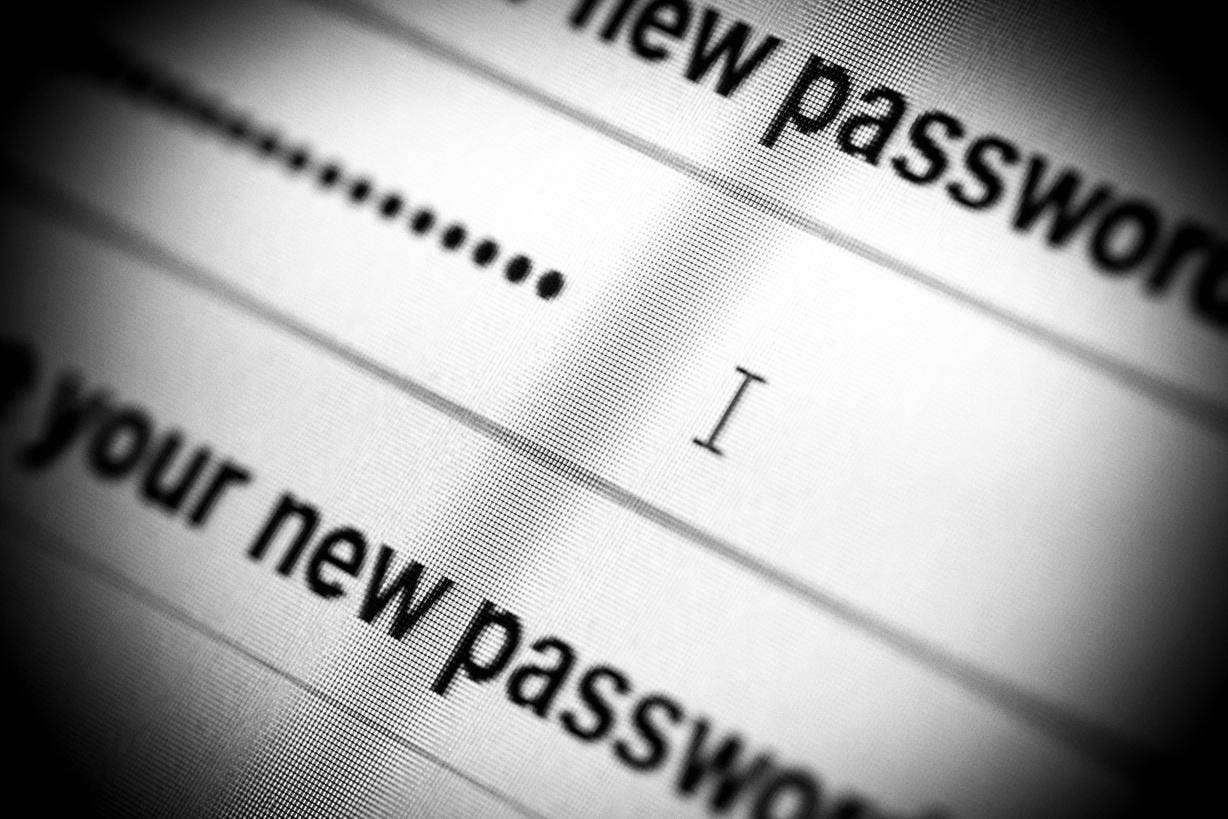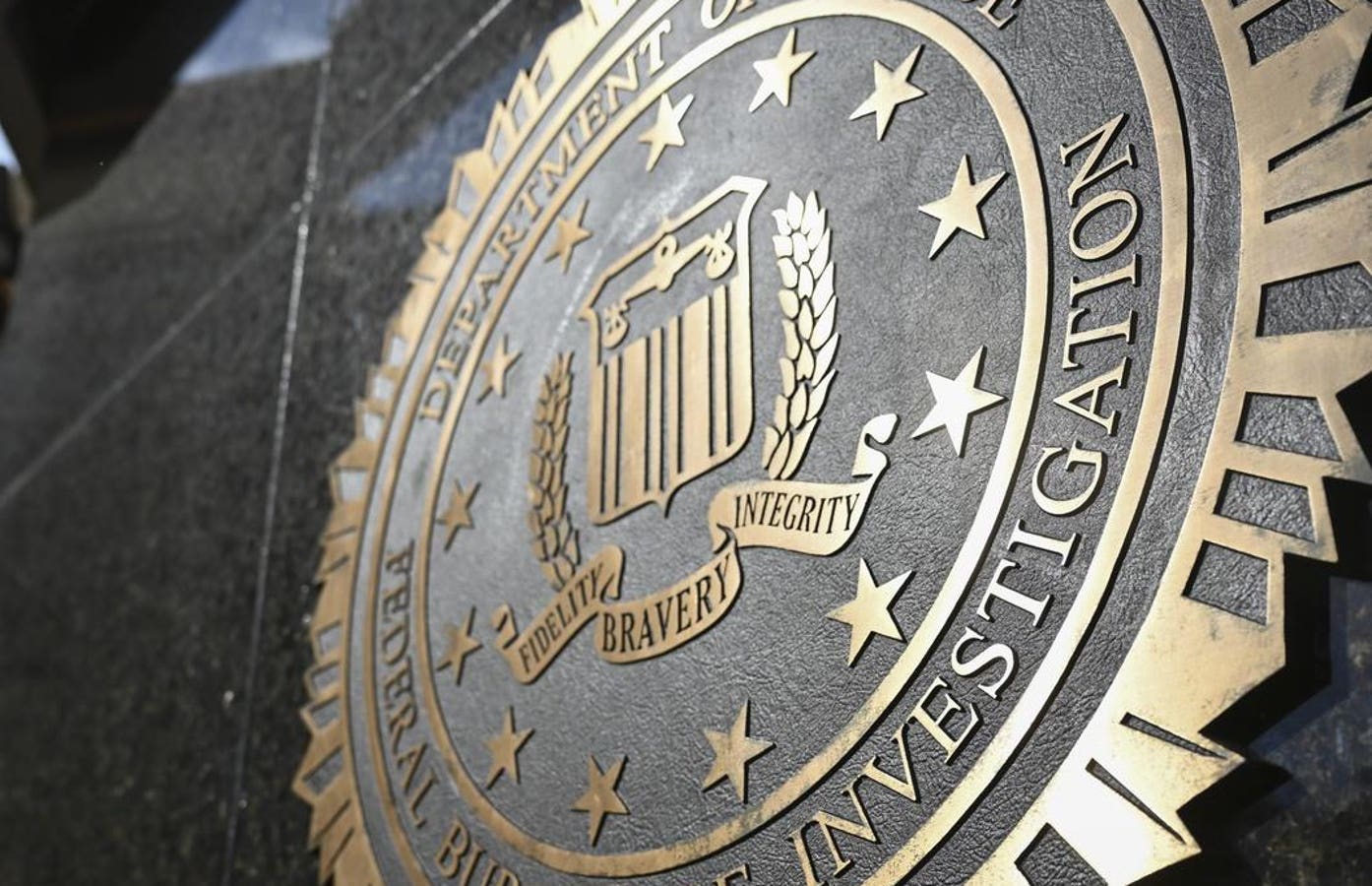Google Chrome to automatically update weak passwords.
As stolen passwords continue to dominate the technology news headlines, whether it’s the 19 billion compromised credentials published on criminal forums, the dangers of using certain smartphone PIN numbers, or advanced persistent threat groups making password theft as easy as 123, Google has confirmed it’s latest protections for billions of browser users with an important update regarding Chrome passwords. Here’s what you need to know.
Chrome Passwords Security Update
While it would be nice to think that passwords, one of, if not the, weakest link in the security chain, were being finally laid to rest with the uptake of passkey use, that sentiment is sadly still somewhat premature. I recently reported that Google had made changes in Android code that pointed towards the ability for automated conversion of passwords to passkeys. This was great news as it means that soon Android users will see protections that can upgrade passwords to the far more secure passkey alternative, where the option is available, and do so automatically if the feature is enabled.
Now, Google has confirmed another automatic password change, but this time for Chrome passwords and with no mention of passkeys in sight.
Automatically updating Chrome passwords in your browser.
The May 20 announcement by Google product managers Ashima Arora and Chirag Desai, along with Chrome’s identity technology lead, Eiji Kitamura, confirmed that features such as strong password generation on sign-up forms and the introduction of dark web breach checks added to Google’s password manager had already helped make authentication safer for users. Making it easier for browser users to respond quickly and effectively when their credentials are at risk, however, was the main gist of the posting as far as Chrome passwords were concerned. “When Chrome detects a compromised password during sign-in,” the trio said, “Google Password Manager prompts the user with an option to fix it automatically.” Where supported by the website in question, a strong replacement will be generated and updated without friction, making Chrome passwords among the safest out there. The no-friction thing is important here, as Google said, as it helps keep accounts secure “without hunting through account settings orabandoning the process partway.”








